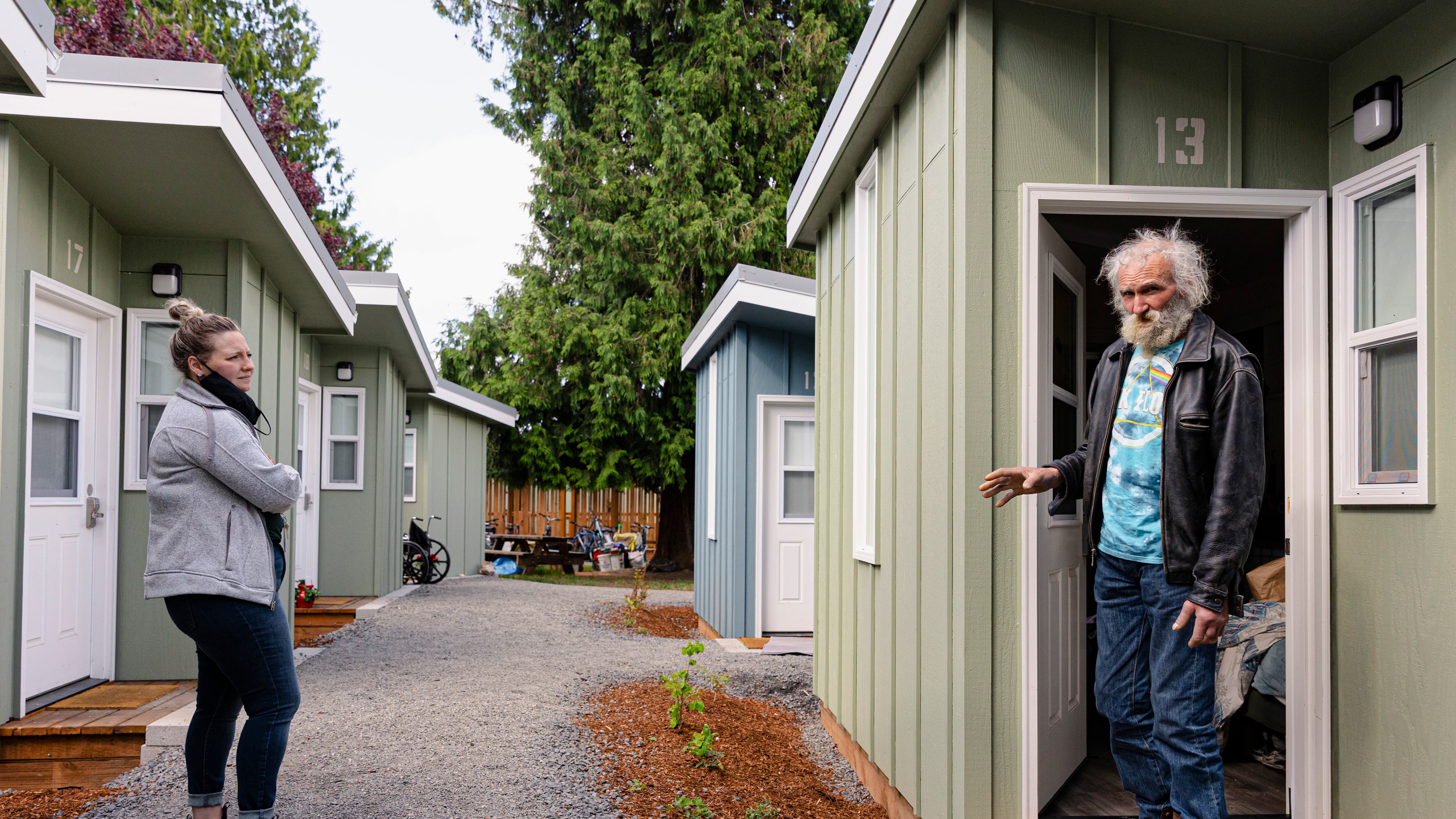On May 24, the Portland Business Alliance sent a letter to Multnomah County Chair Deborah Kafoury, requesting that she use county funds to fund 500 extra shelter beds for unhoused people. (She didn’t, although she did accede to other requests to assist with erecting “safe rest villages.”)
The request itself was a large one. But what stood out about the PBA letter was its reference to a court ruling that ruffles feathers every time it’s mentioned: Martin v. Boise.
That’s a 2018 decision by the 9th U.S. Circuit Court of Appeals that prohibits local governments from criminalizing homelessness if the government isn’t providing enough shelter for each unhoused person. That ruling is typically used to poke holes in governmental efforts to sweep homeless camps. So its citation by a powerful business group was unexpected. (Disclosure: The PBA’s 1,900 members include WW’s parent company.)
What the PBA said:
It argued that the city and county were failing to uphold the standard of Martin v. Boise, that “local governments must provide a warm and dry place for unhoused residents to sleep at any given time as a prerequisite to enforcing clear sidewalks, parks, and other public spaces.” The chamber of commerce argued that not providing enough shelter beds for people living on the streets right now is unethical, if not necessarily illegal.
“We urge you to use the legal and subsequent policy standards established in the 2018 Martin v. Boise decision issued by the U.S. 9th Circuit Court of Appeals to guide these improvements in this and future budgets,” the letter read.
That raised a question: Does the PBA think the city’s new, more aggressive rules for sweeping camps from sidewalks are immoral until city officials have opened new sleeping sites? The PBA declined to comment on that question.
Do others want to comment on that question? Why, of course they do! Notably, two state lawmakers - including the most powerful figure in the Oregon House.
House Speaker Tina Kotek (D-Portland) is currently championing House Bill 3115, which would prohibit cities from criminalizing homelessness if there are no other viable alternatives. It would also mandate that cities rework and more clearly codify ordinances surrounding homelessness.
Kotek says City Hall has a moral obligation—if not yet a legal one—to halt sweeps until enough shelter is provided for each unhoused person under the Martin v. Boise decision.
“Sweeps are destabilizing, dangerous and traumatizing, and they do not address the root causes of homelessness. They should only be used as a last resort to ensure public health and safety of the individuals living on the streets,” her office tells WW. “Local governments should be following the Boise ruling right now. The speaker’s hope is that HB 3115 will ensure local communities refocus on investing in real solutions, like more transitional shelter options, permanent affordable housing, stronger support services and more.”
But Kotek was careful not to make a judgment whether the city was complying with the ruling: “Speaker Kotek hasn’t had a chance to review the exact details of the latest policy change and will defer to legal experts on whether the city is complying with the decision.”
Rep. Maxine Dexter (D-Portland), a co-sponsor of Kotek’s bill, also avoided making a judgment about the city’s compliance with the ruling: “Rep. Dexter does not have a background in the law and is unable to attest to the legality of the city’s actions,” a spokesperson says.
But she, too, expressed hesitancy about the new sweep protocols: “[Dexter] is worried that by not sending the outreach team to high-risk camps and not working to ensure there is a place for our houseless neighbors to go, the policy will do little to address the needs of our city and her people.”
Mayor Ted Wheeler’s office says that the city’s approach is “consistent with Martin v. Boise...The case allows governments to manage the condition and locations of unsanctioned camping, to protect the health and safety of both people experiencing homelessness and the community at large” and adds that the ruling is “closely aligned with our values.”
Does any of this have legal implications for the city?
Probably not. The city has largely argued that its anti-camping ordinances aren’t in conflict with the ruling. Even the most progressive lawyers are stumped by how much leeway the ruling leaves for cities to circumvent it.
“The truth is that the strictest reading of Martin v. Boise doesn’t give enough guidance in this situation, and so we’re still stuck in an area where it’s clear what we need to do, and we shouldn’t need the law to tell us what the right thing is,” Juan Chavez, a civil rights lawyer, tells WW. “And that’s to stop sweeping.”
